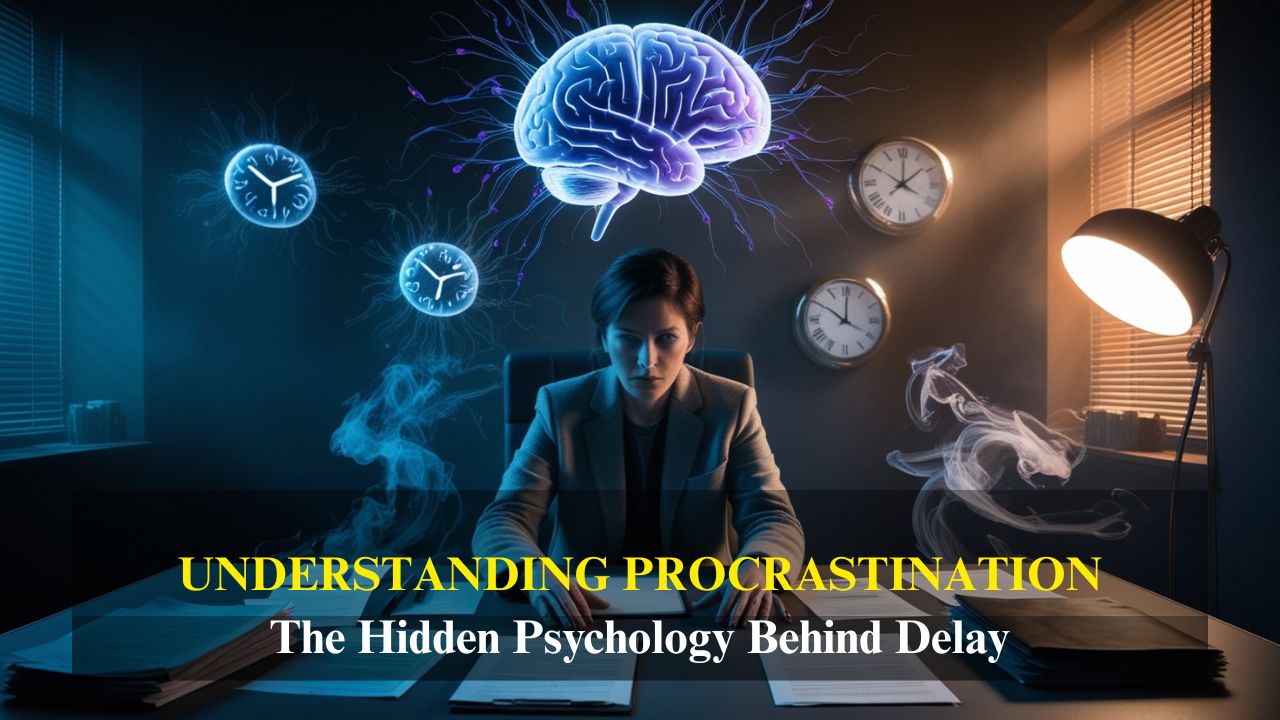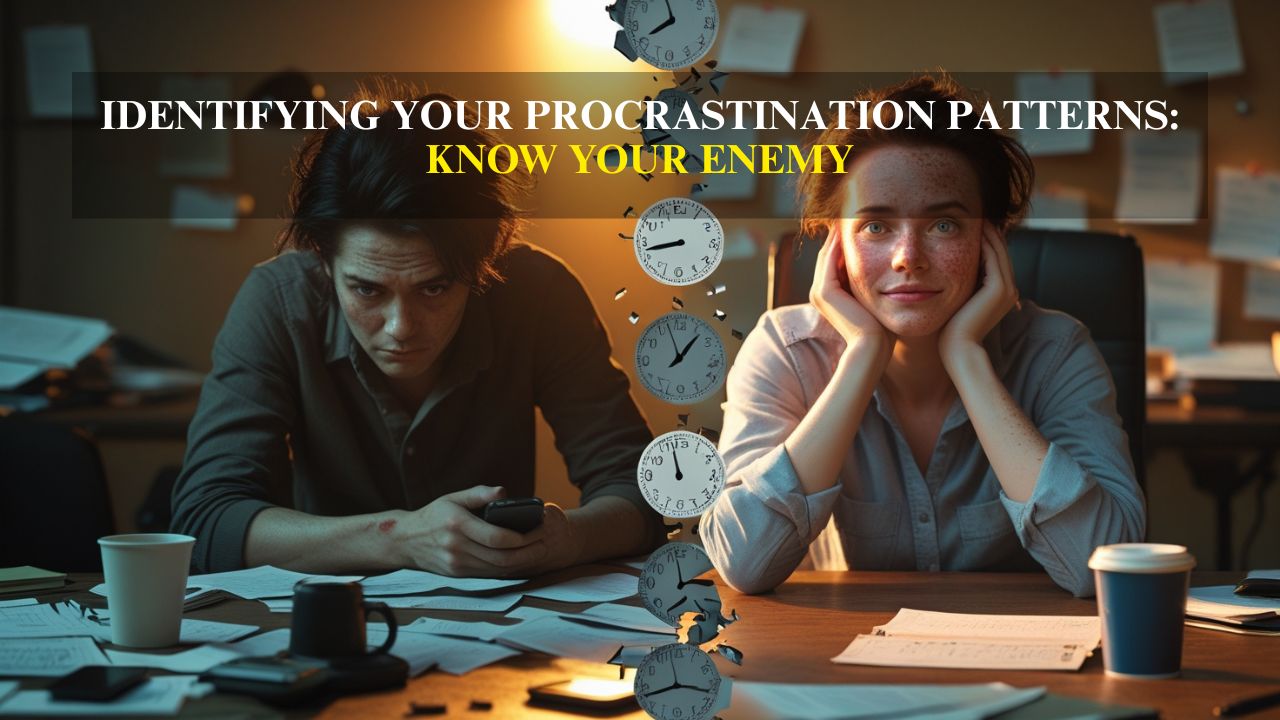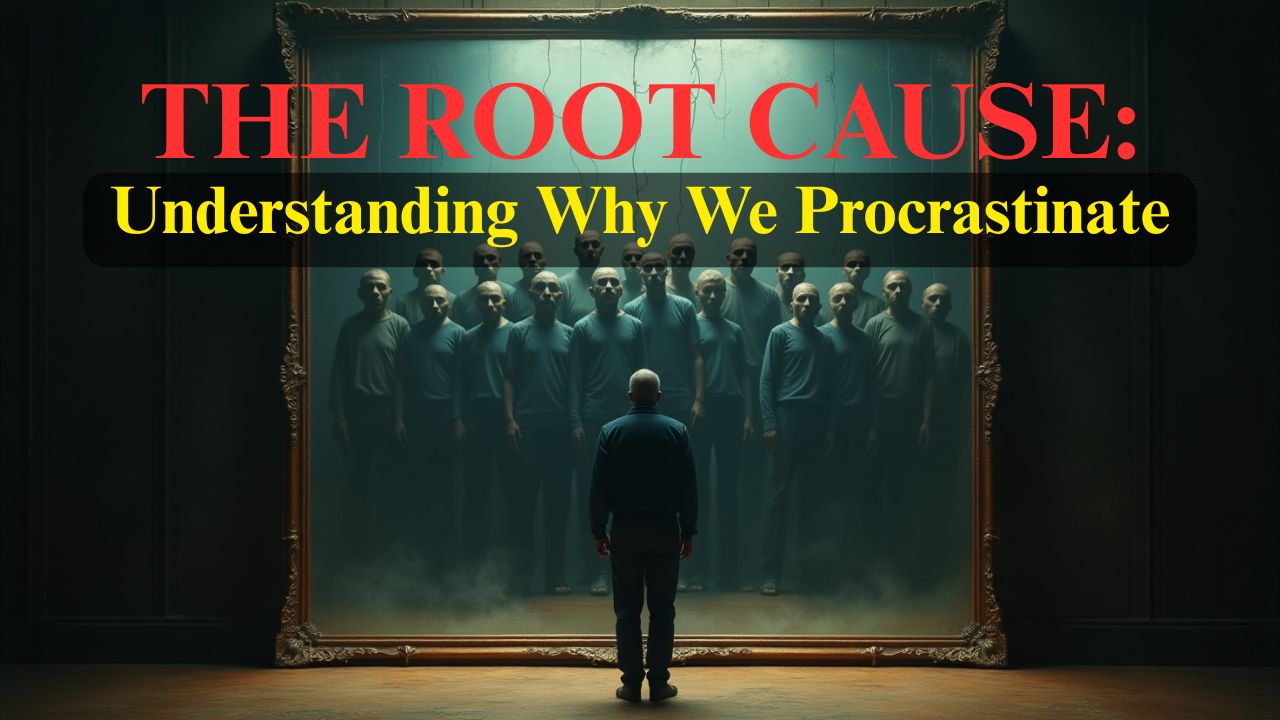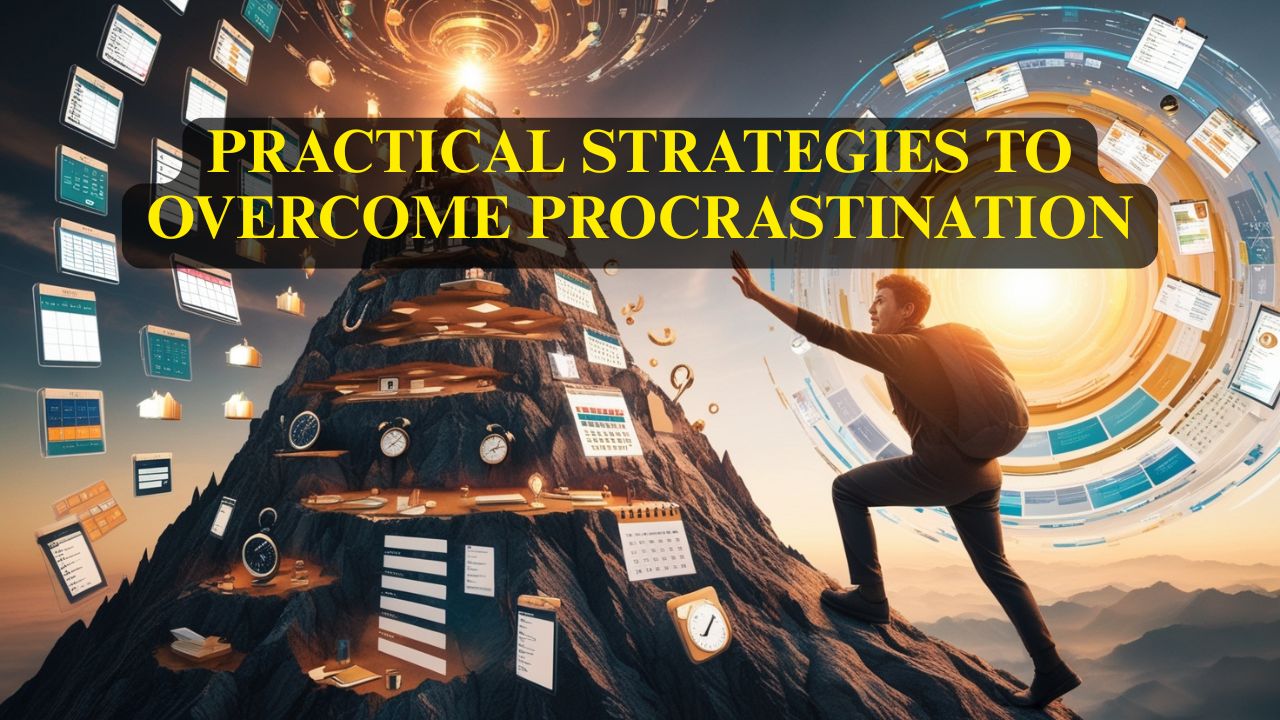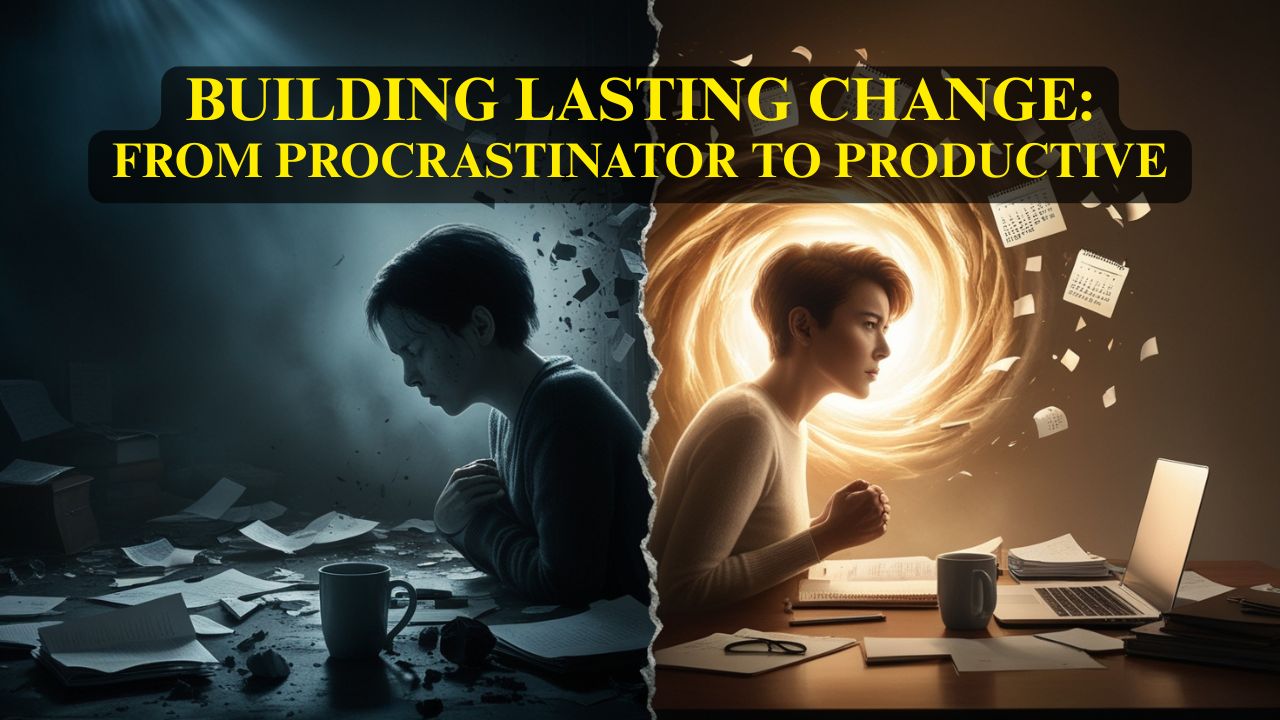Conflict as Information: What Arguments Really Tell Us
The argument started over something completely ridiculous - whose turn it was to take out the trash. But within minutes, you and your partner are yelling about respect, responsibility, and how nobody appreciates what the other person does around the house. Suddenly you're bringing up things from months ago, and what began as a simple household chore discussion has exploded into a fight about the entire relationship.
Sound familiar? Most of us have been there. We start arguing about one thing and somehow end up fighting about everything. Afterward, we often feel confused, exhausted, and frustrated - not just with each other, but with conflict itself. We start to see arguments as relationship killers, signs that something is fundamentally wrong, or proof that we're just not compatible.
But what if that's completely backward? What if conflict isn't a sign that relationships are broken, but rather valuable information about what needs attention? What if arguments, when approached skillfully, can actually strengthen relationships rather than damage them?
The truth is that conflict is inevitable in any meaningful relationship. When two people with different backgrounds, needs, and perspectives share space - whether romantic partners, family members, friends, or colleagues - disagreements are going to happen. The question isn't how to avoid conflict entirely, but how to use it as information that helps you understand each other better and build stronger connections.
Why Conflict Isn't Always Bad
Most of us learned early in life that conflict is dangerous, uncomfortable, or something to be avoided at all costs. Maybe you grew up in a household where arguments were explosive and hurtful, or maybe conflict was suppressed entirely, leaving important issues unresolved and resentment simmering beneath the surface.
These early experiences shape how we approach disagreements as adults. Some people become conflict avoiders, doing anything to keep the peace even at the expense of their own needs. Others become conflict escalators, turning minor disagreements into major battles. Both approaches miss the real opportunity that conflict provides.
Conflict Reveals What Matters Arguments rarely happen about things that don't matter to us. When you find yourself getting heated about something, it's usually because it connects to something you care deeply about - your values, your needs, your sense of fairness, or your vision of how relationships should work.
That argument about taking out the trash? It's probably not really about garbage. It might be about feeling respected, having your contributions acknowledged, or wanting partnership in maintaining your shared space. The trash is just the surface issue - the symptom that points to something deeper.
When you start to see conflict as information about what matters to each person, arguments become much less personal and much more useful. Instead of getting defensive about the specific complaint, you can get curious about the underlying need or value that's driving the upset.
Conflict Indicates Investment People don't usually fight with others they don't care about. If your partner, friend, or colleague didn't care about the relationship, they would just withdraw, find ways to work around you, or end the relationship entirely. The fact that they're willing to engage in difficult conversations often means they're invested in making things work.
This doesn't mean all conflict is healthy or productive, but it does mean that someone's willingness to bring up problems can be a sign of commitment rather than a threat to the relationship.
Conflict Can Prevent Bigger Problems When issues are addressed early and directly, they rarely grow into relationship-ending problems. It's the unaddressed conflicts - the resentments that build up over time, the needs that go unmet, the values that clash without discussion - that create the deepest damage in relationships.
Regular, skillful conflict resolution is like maintenance on a car. It prevents small problems from becoming major breakdowns. Couples who never fight aren't necessarily happy - they might just be avoiding issues that will eventually explode or cause them to drift apart.
Conflict Can Increase Intimacy When people successfully work through disagreements together, they often end up feeling closer and more connected than before the conflict began. There's something powerful about being seen, heard, and understood during a disagreement - about having someone care enough to work through problems with you rather than just walking away.
This doesn't happen automatically, of course. It requires approaching conflict as a collaborative problem-solving process rather than a battle to be won.
The Difference Between Surface Issues and Root Causes
One of the most important skills in handling conflict effectively is learning to distinguish between what people are arguing about on the surface and what they're really upset about underneath. Most arguments that seem irrational or disproportionate make perfect sense once you understand the deeper issues at play.
The Iceberg Model Think of conflict like an iceberg. The specific complaint or trigger event is the part above water - visible and obvious. But the real mass of the issue is beneath the surface: unmet needs, core values, past experiences, fears about the future, and feelings that haven't been acknowledged or expressed.
When someone gets extremely upset about you being ten minutes late, the surface issue is punctuality. But the underwater issues might include feeling unimportant, worrying about being taken for granted, anxiety about reliability, or past experiences with people who didn't keep their commitments.
Understanding this iceberg principle helps you respond to the real issue rather than just the surface complaint. It also helps you understand why logical explanations ("traffic was terrible") often don't resolve emotional upset - because logic addresses the surface while the emotions are coming from underneath.
Common Underlying Needs While surface issues are infinite, underlying needs tend to fall into predictable categories:
The Need to Feel Respected Many arguments are really about respect - feeling valued, having your contributions acknowledged, being treated as an equal partner, or having your perspective taken seriously. When someone feels disrespected, they might argue about anything and everything because the specific issue matters less than the pattern of feeling dismissed.
The Need for Security Some conflicts stem from feeling unsafe - physically, emotionally, or relationally. This might show up as arguments about money, reliability, commitment, or consistency. The person might not be able to articulate that they're feeling insecure, but their complaints often center around wanting predictability and trustworthiness.
The Need for Autonomy Arguments about control, freedom, or decision-making often reflect a deeper need for autonomy - the sense that you have agency in your own life and relationships. Someone might fight intensely about seemingly minor decisions because they feel like their independence is being threatened.
The Need for Connection Sometimes people start arguments because they're feeling disconnected and don't know how else to get attention or engagement. Negative attention can feel better than no attention, especially if someone feels ignored or taken for granted in the relationship.
The Need to Feel Understood Many conflicts continue much longer than necessary because people don't feel heard or understood by the other person. They keep explaining, repeating, and escalating not because they want to win, but because they want to feel like their perspective makes sense to someone else.
Identifying Your Own Patterns Start paying attention to what triggers your strongest reactions in conflicts. What topics consistently get you heated? What kinds of behaviors from others push your buttons most reliably? These patterns often point to your own core needs and values.
If you always get upset when people are late, you might have strong needs around respect and reliability. If you react strongly to being told what to do, autonomy might be a core value for you. If you get triggered when people don't seem to be listening, feeling understood might be especially important to you.
Understanding your own patterns helps you communicate more clearly about what you actually need rather than just complaining about surface behaviors.
How to Fight Fair and Find Solutions
Once you understand that conflict can be informative and potentially helpful, the next step is learning how to engage with disagreements in ways that actually solve problems rather than just venting emotions or trying to win.
Start with Curiosity, Not Defensiveness When someone brings up a complaint or concern, your first instinct might be to defend yourself, explain why they're wrong, or counter with your own complaints. But these responses usually escalate conflict rather than resolve it.
Instead, try starting with genuine curiosity about their experience. "Help me understand what that was like for you" or "Tell me more about why this matters to you" or "What would have felt better in that situation?" These kinds of questions shift the dynamic from adversarial to collaborative.
This doesn't mean you have to agree with everything they say or take responsibility for things that aren't your fault. It just means you're genuinely interested in understanding their perspective before jumping to defend your own.
Focus on Specific Behaviors, Not Character Fair fighting focuses on specific actions and their impact rather than making global statements about someone's character or personality. Instead of "You're so selfish," try "When you made plans without checking with me first, I felt left out." Instead of "You never listen," try "I felt unheard during our conversation yesterday."
This approach makes it much easier for the other person to hear your concern without getting defensive, because you're talking about something they did rather than attacking who they are as a person.
Use "I" Statements Instead of "You" Accusations "I" statements help you take responsibility for your own emotional experience while still communicating your needs clearly. "I felt frustrated when..." is much easier to hear than "You frustrated me by..." even though they're describing the same situation.
This isn't just a communication technique - it reflects a fundamental shift in how you think about conflict. Instead of seeing the other person as the cause of your emotions, you recognize that you have reactions to their behavior, and those reactions contain information about your needs and values.
Stay Present-Focused Fair fighting deals with current issues rather than bringing up every past grievance or future worry. When you start sentences with "You always..." or "You never..." you're usually bringing historical data into a current conversation, which makes resolution much more difficult.
If patterns are genuinely part of the problem, they can be addressed separately. But most individual conflicts are resolved more easily when you focus on the specific situation at hand rather than trying to solve every related problem simultaneously.
Take Breaks When Emotions Get Too High When conflict escalates to the point where people are yelling, name-calling, or saying things they don't mean, it's time for a break. High emotional activation literally changes brain function, making it much harder to think clearly, listen effectively, or find creative solutions.
A good break isn't just walking away in anger - it's a conscious pause with an agreement to return to the conversation when both people are calmer. "I'm getting too heated to think clearly. Can we take 20 minutes and then come back to this?" This shows respect for both the relationship and the issue that needs to be resolved.
Look for the Win-Win Solution The goal of productive conflict isn't for one person to win and the other to lose - it's to find solutions that address both people's underlying needs. This often requires creativity and compromise, but it's almost always possible when you understand what each person really needs.
Maybe you need reliability and your partner needs flexibility. Instead of fighting about whether to always stick to plans or always be spontaneous, you might create agreements about which types of plans are flexible and which ones aren't, or systems for giving advance notice when schedules need to change.
Repairing Relationships After Disagreements
Even when conflicts are handled skillfully, they can still leave emotional residue that needs to be addressed. The way you handle the aftermath of disagreements is just as important as how you handle the conflicts themselves.
Take Responsibility for Your Part Good repair starts with each person taking responsibility for their own contributions to the conflict, without waiting for the other person to go first. This might include things you said in anger, ways you escalated the situation, or underlying issues you brought to the conversation.
Taking responsibility doesn't mean taking blame for everything that went wrong - it means owning your part so that you can both learn from what happened and prevent similar problems in the future.
Acknowledge the Other Person's Experience Even if you don't agree with everything they said during the conflict, you can usually acknowledge that their emotions made sense from their perspective. "I can understand why you felt disrespected when I made that decision without talking to you first" or "It makes sense that you were frustrated by my reaction."
This kind of acknowledgment doesn't require you to agree that you were wrong about everything - it just shows that you can see how the situation affected them, which often helps them feel heard and understood.
Express Appreciation for Working Through It Conflict resolution is hard work, and it's worth acknowledging when someone is willing to engage in difficult conversations rather than just avoiding problems or ending the relationship. "Thank you for being willing to talk about this even though it was uncomfortable" or "I appreciate that we worked through this together."
This appreciation reinforces the idea that conflict can be productive and that you're both committed to maintaining and improving the relationship.
Make Agreements About Moving Forward Good repair often includes agreements about how to handle similar situations in the future. This might be specific behavioral changes ("I'll check with you before making weekend plans") or process agreements ("If one of us is getting too angry, we'll take a break and come back to it").
These agreements help ensure that you're actually learning from conflicts rather than just surviving them.
Reconnect Emotionally After working through the practical aspects of a disagreement, it's important to reconnect emotionally. This might be through physical affection, shared activities you both enjoy, or simply spending time together without focusing on problems.
This reconnection helps restore the positive feelings in the relationship and reinforces that you can work through difficulties together without lasting damage to your connection.
Different Types of Conflict
Not all conflicts are the same, and different types of disagreements require different approaches:
Values Conflicts When people have different core values or life philosophies, conflicts can be particularly challenging because there's no objective right or wrong answer. One person might value security while another values adventure. One might prioritize individual achievement while another emphasizes family connection.
These conflicts often can't be "solved" in the traditional sense, but they can be managed through understanding, respect, and creative compromise. The goal is usually to find ways for both people to honor their values within the relationship, even when those values are different.
Needs Conflicts When people have competing needs - one person needs quiet while another needs social stimulation, or one needs predictability while another needs spontaneity - the solution usually involves finding ways to meet both needs, either through compromise or through taking turns.
These conflicts are often very solvable once you understand what each person actually needs and get creative about how to provide it.
Resource Conflicts Arguments about time, money, space, or attention are usually about how to distribute limited resources fairly. These conflicts can often be resolved through practical problem-solving once both people's needs are understood.
Communication Style Conflicts Sometimes people aren't really disagreeing about the issue - they're just approaching the conversation in ways that don't work well together. One person might be direct while another is indirect, or one might process things out loud while another needs time to think privately.
These conflicts can often be resolved by discussing communication preferences and finding approaches that work for both people.
When Conflict Becomes Unhealthy
While conflict can be informative and relationship-strengthening, it's important to recognize when disagreements become destructive rather than productive:
Personal Attacks and Character Assassination Healthy conflict focuses on specific behaviors and their impact. Unhealthy conflict attacks the person's character, intelligence, or worth as a human being.
Threats and Ultimatums Using threats to win arguments or force compliance creates fear rather than genuine resolution. Healthy relationships may involve setting boundaries, but they don't use emotional blackmail or threats of abandonment to control behavior.
Bringing in Third Parties Healthy conflicts stay between the people involved. Unhealthy patterns involve gossiping to friends, involving family members in arguments, or trying to get others to take sides.
Refusing to Take Responsibility Everyone contributes something to relationship conflicts. When someone consistently refuses to acknowledge their part or blames everything on the other person, productive resolution becomes impossible.
Using Past Issues as Weapons While patterns of behavior are sometimes relevant to current conflicts, bringing up every past mistake or disappointment usually escalates rather than resolves current issues.
If conflicts in your relationships consistently include these unhealthy elements, it might be worth seeking help from a counselor or mediator who can help establish better communication patterns.
Building Conflict Resolution Skills
Like any other relationship skill, the ability to handle conflict productively improves with practice and intention:
Practice Active Listening Most people spend conflict conversations planning what they're going to say next rather than really hearing what the other person is trying to communicate. Practice summarizing what you hear before responding with your own perspective.
Get Curious About Your Triggers Notice what kinds of situations, words, or behaviors consistently trigger strong reactions in you. Understanding your own triggers helps you take responsibility for your emotional responses and communicate more clearly about your needs.
Learn to Self-Soothe Develop techniques for managing your own emotional activation during conflicts. This might include deep breathing, taking breaks, or reminding yourself that the other person isn't your enemy.
Practice Empathy Without Agreement You can understand and acknowledge someone else's perspective without necessarily agreeing with it. This skill allows you to stay connected during disagreements even when you see things very differently.
Focus on Understanding, Not Winning Shift your goal from proving you're right to understanding what's really happening for both of you. This change in intention often leads to much more productive conversations.
Remember: Conflict Is Normal and Workable
The healthiest relationships aren't the ones without conflict - they're the ones where people know how to work through disagreements skillfully and come out stronger on the other side. Learning to see conflict as information rather than a threat transforms how you approach relationships and dramatically improves your ability to maintain strong connections over time.
Every relationship will have disagreements. The question is whether you'll use those disagreements as opportunities to understand each other better and build stronger connections, or whether you'll let them create distance and resentment.
With practice, patience, and the right mindset, most conflicts can become doorways to deeper understanding and stronger relationships. The very things you argue about often point to what you care most about - and sharing what you care about is one of the most important parts of any meaningful relationship.
Conflict isn't the enemy of good relationships - poor conflict resolution skills are. And those skills can be learned, practiced, and improved throughout your life.
